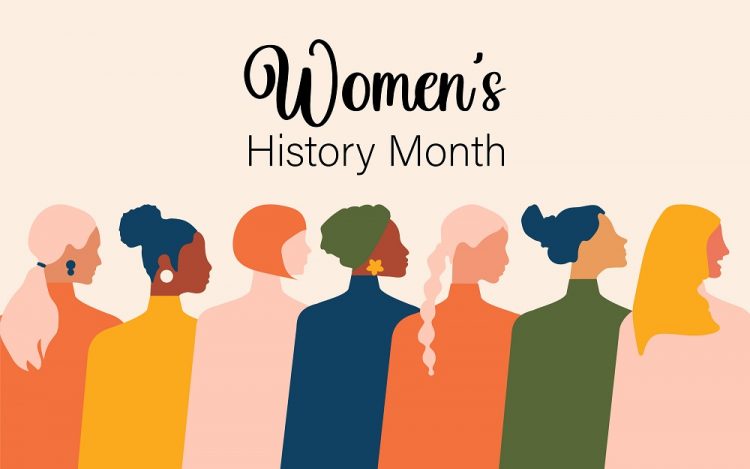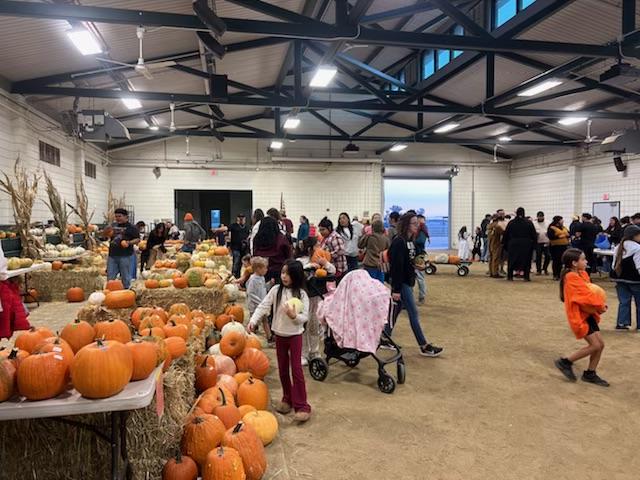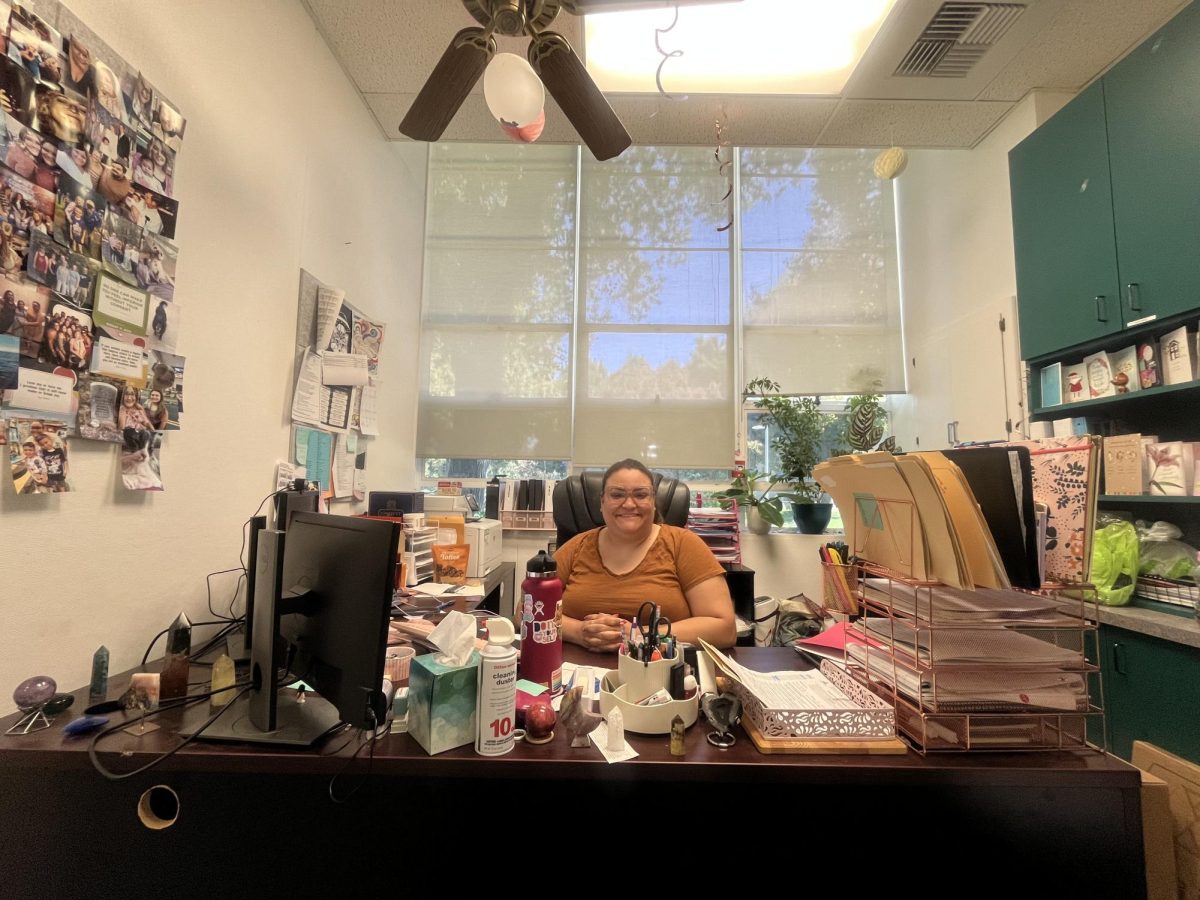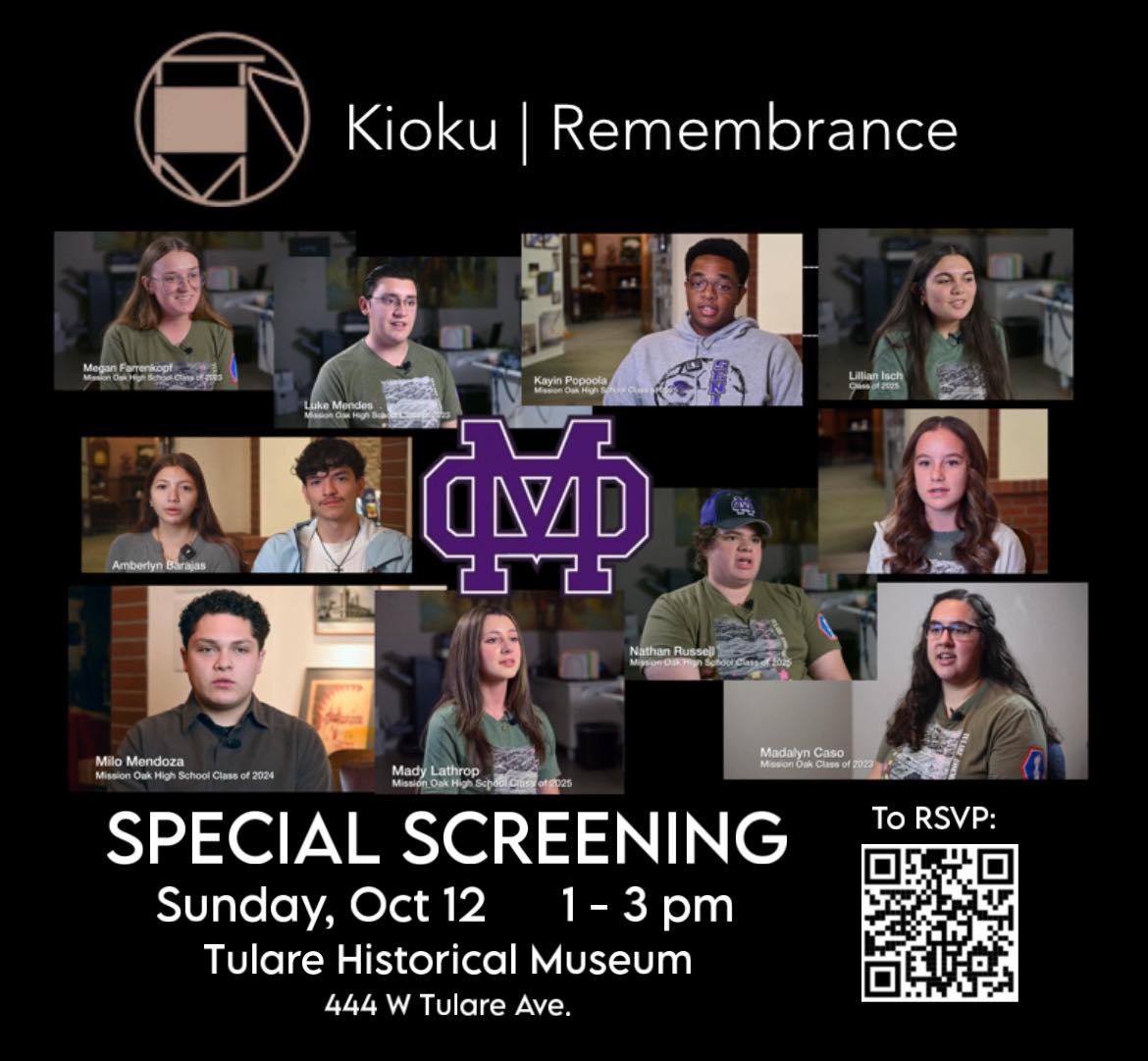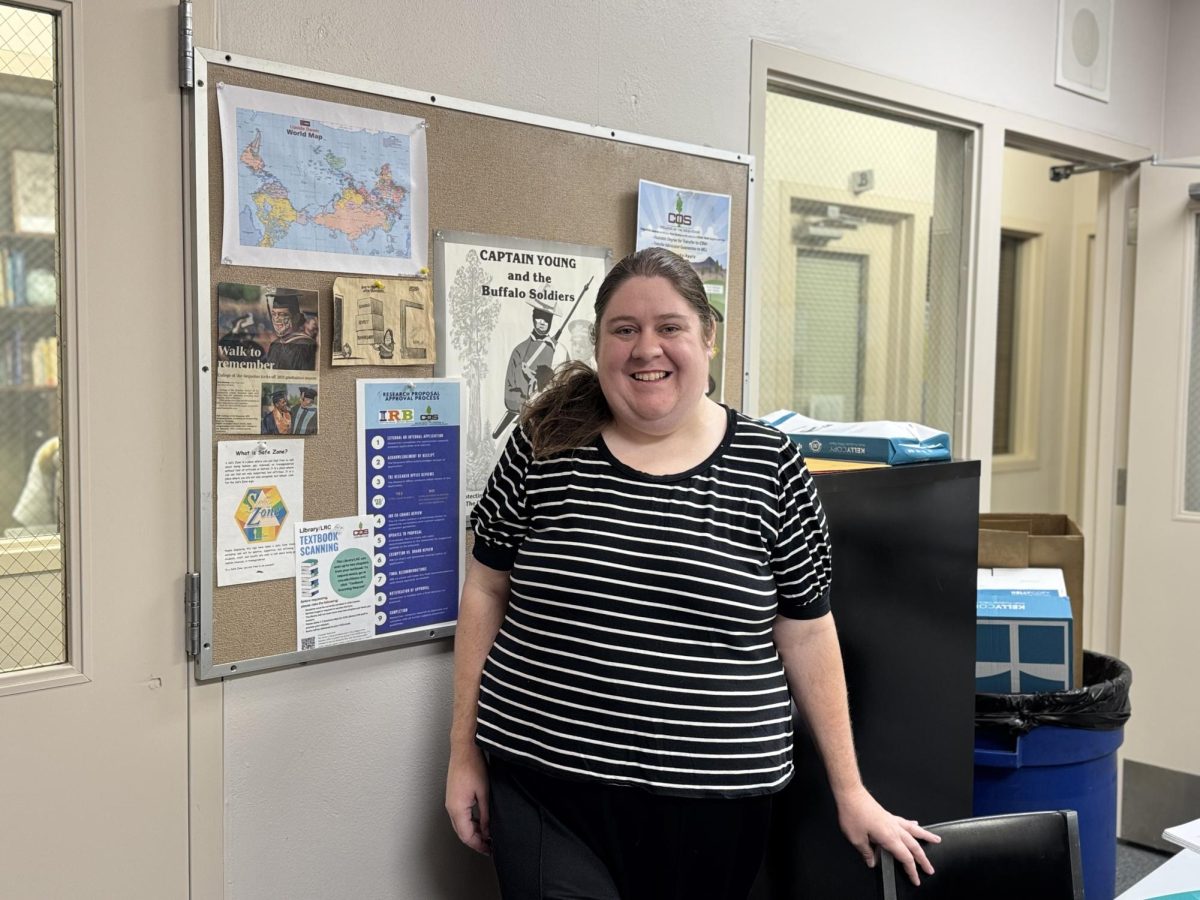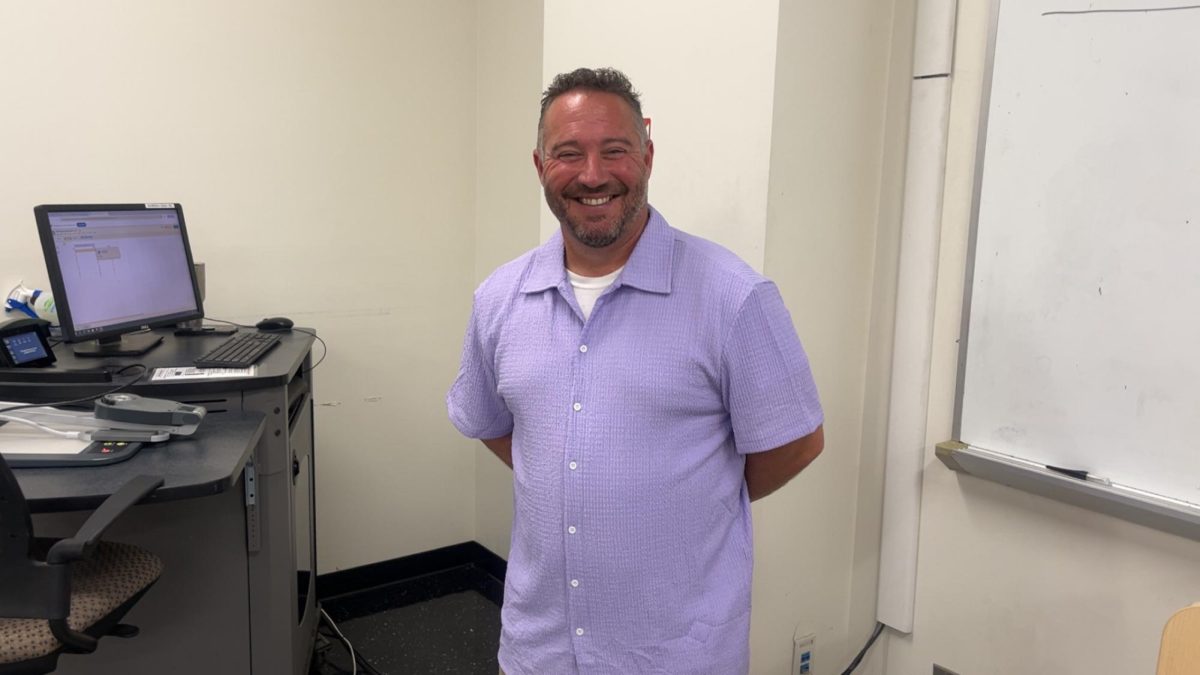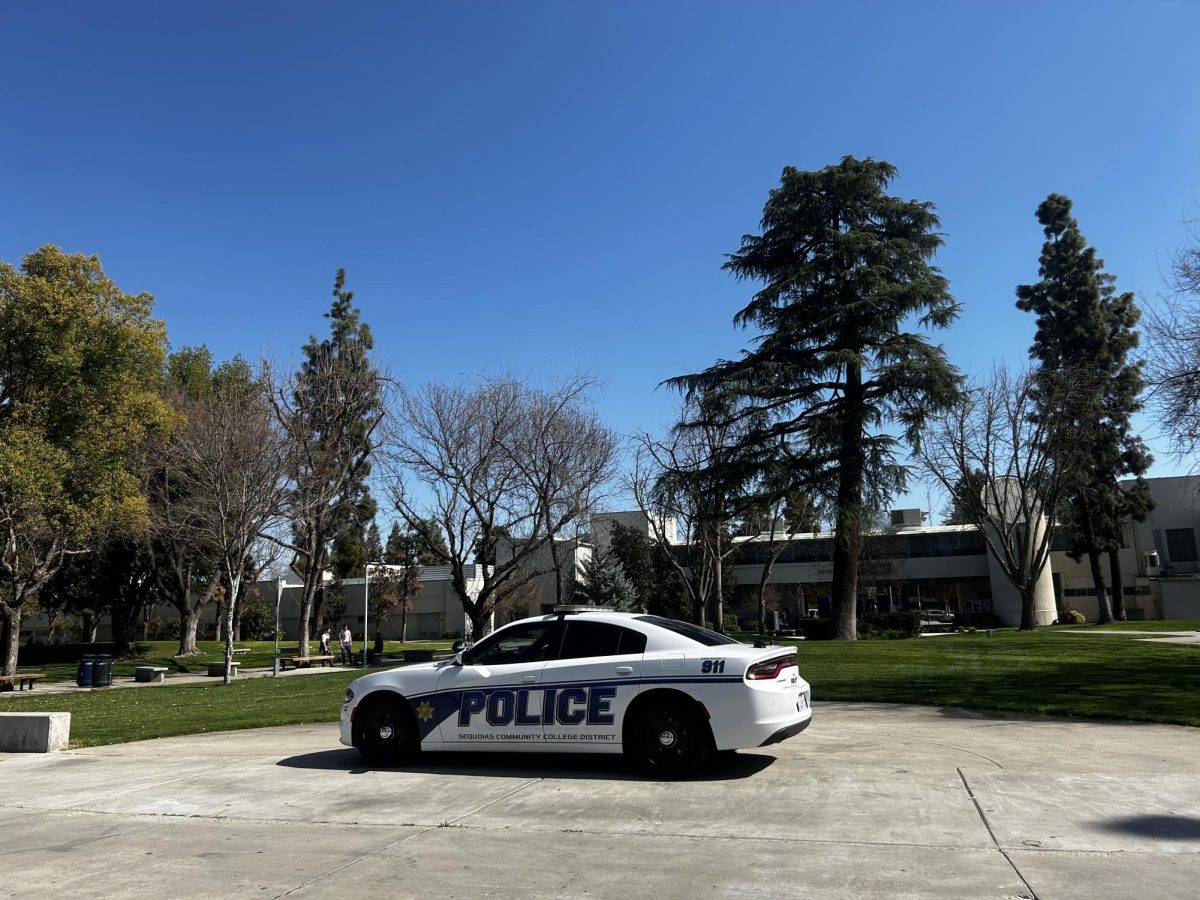As March unfolds, College of the Sequoias students Sergio Lopez and Sophia Rexhepi reflect on the significance of Women’s History Month, offering deep personal insights to its meaning, its challenges, and the figures who inspire their advocacy.
For Sergio Lopez, a student passionate about social justice, Women’s History Month is a call to pause and honor women’s contributions. “Recognizing the unique experiences and stories of women in every aspect of our lives… serves as a reminder to acknowledge the women who have impacted us,” he said. Lopez emphasized the month’s role in promoting unity in society, “When we understand the history and lived experiences of others, we better understand ourselves and how we fit into the world.”
Lopez draws inspiration from civil rights icon Dolores Huerta, co-founder of the United Farm Workers. “Huerta used her voice to empower marginalized groups—farmworkers, women, migrants—and she’s still fighting at 95. That’s what resilience looks like,” he remarked, tying her legacy to the ongoing struggle for equality.
However Sophia Rexhepi’s perspective is shaped by her family’s history. “Women’s History Month is special to me because I’m passionate about women’s rights. Women are the creators of life,” she said. Her admiration lies closest to home: her grandmother, who fled war-torn Yugoslavia in the 20th century with 14 children. “She escaped an abusive husband, built a new life in New York, and stayed kind through it all. She taught me what courage means.”
While celebrating progress, Rexhepi highlighted ongoing inequities. “There’s still blatant misogyny in the media targeting young women, and globally, many lack access to education. We can’t stop advocating,” she stressed.
Both students agree that Women’s History Month is not just about the past, but a roadmap for the future. Lopez sees it as “key to knowing where we come from to create a better future,” while Rexhepi frames it as a “reminder that there’s work left to do.” Their voices echo a shared belief: honoring women’s resilience demands action, not just reflection.
“We’ve come a long way,” Rexhepi concluded, “but the fight continues—for everyone.”

